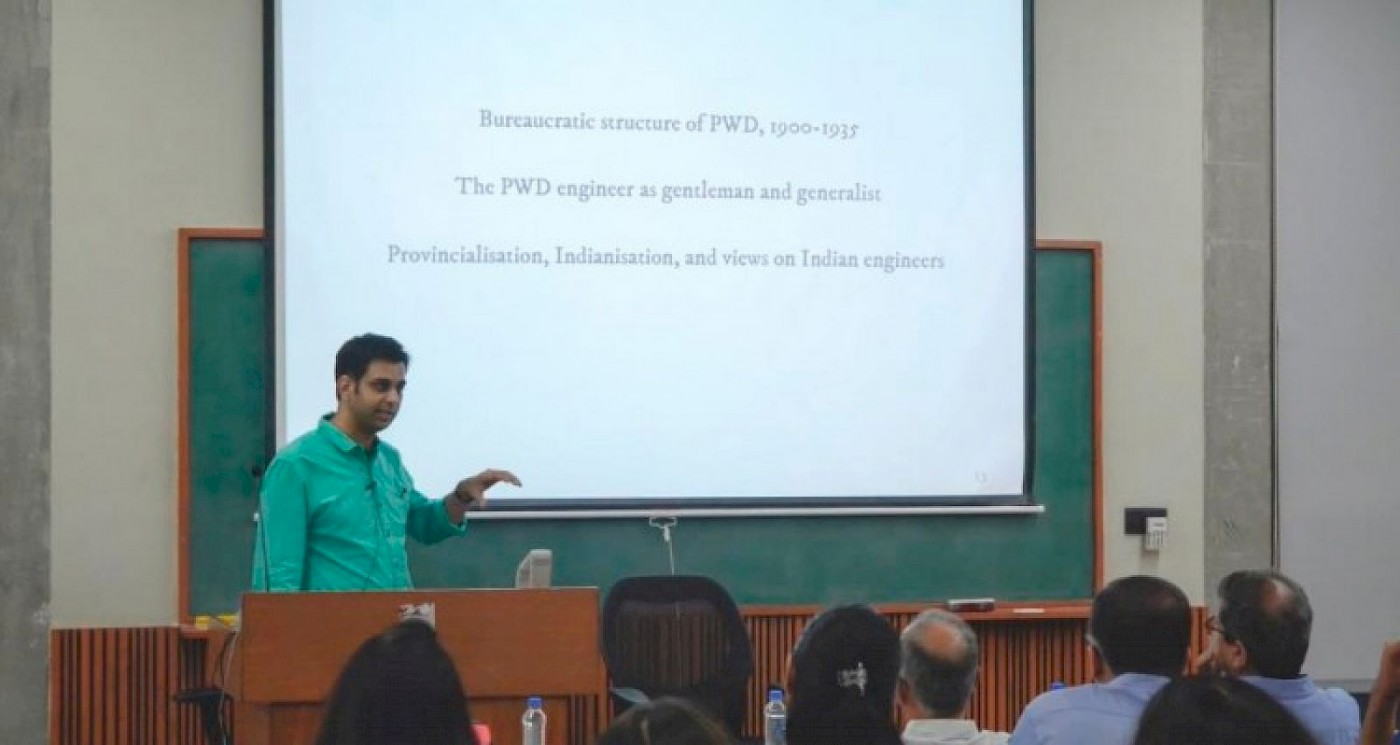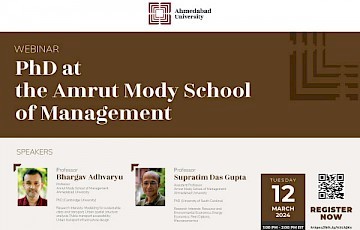Indianisation and the culture of public works engineering, 1900-40

The engineers of the Indian Public Works Department (PWD) constituted an influential group of technically trained professionals in late colonial India. This paper examines the working culture and organisation of the PWD in the period 1900-40 when fundamental changes occurred in the relationship between Britain and its Indian empire. Growing demands for Indianisation (increasing the proportion of ‘native’ Indian engineers as opposed to British expatriates) and the introduction of provincial autonomy in government necessitated a reorganisation of the PWD’s engineering services. The debates and decisions of policymakers on this subject revealed prevailing ideas of the qualities required of the ideal public works engineer. Here Professor Ramnath will explore this ideal through an analysis of government service lists, official reports, memoirs of individual engineers, and British parliamentary debates. He will demonstrate that the PWD engineer was expected, as a government official, to be a gentleman and a generalist capable of executing and supervising a wide range of construction and maintenance work. Technical ability was a necessary but not a sufficient qualification: the engineer must be a man of character, exhibiting integrity, courage and resourcefulness. In the changing political climate, this ideal led British officials and legislators to articulate the belief that Indian engineers, even if they possessed technical expertise, could not be relied upon to display the required non-technical attributes of the ideal engineer. As a consequence, Indianisation, though inevitable, was to be managed very carefully. Indeed, until the late 1930s, less than half of the officers of the elite Indian Service of Engineers were Indians.
About the speaker:
Aparajith Ramnath is an Assistant Professor in Humanities and Liberal Arts at the Indian Institute of Management Kozhikode. A historian of science, technology and industry in South Asia, Aparajith teaches courses on Indian society, business history, and the global history of industrialisation. Having graduated in electrical and electronics engineering at the Birla Institute of Technology and Science, Pilani, he did his postgraduate work at the University of Oxford (MSc) and Imperial College London (PhD), researching the history of technical education and professional engineers in twentieth-century India. His monograph titled The Birth of an Indian Profession: Engineers, Industry and the State,1900-47 is scheduled for publication in 2017 by Oxford University Press. Aparajith was named an International Scholar of the Society for the History of Technology for the years 2015 and 2016.



